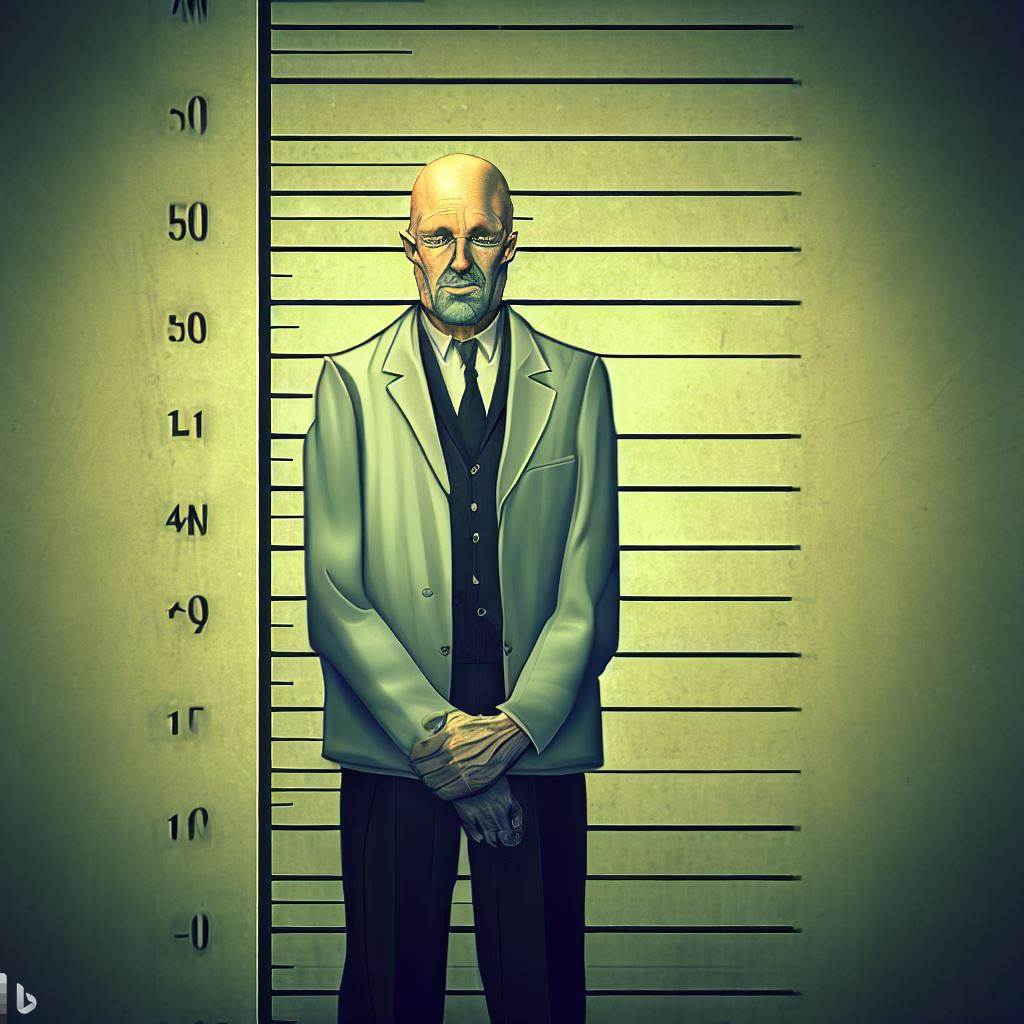
“The fault, dear Brutus, is not in our stars, but in ourselves.” This Shakespearean quote, though not from ‘The Man Who Would Be King,’ encapsulates the essence of this captivating film based on a novella by Rudyard Kipling. With a mesmerizing blend of adventure, ambition, power, and inevitable downfall, the film takes audiences on a thrilling journey through the remote and mysterious kingdom of Kafiristan.
At the heart of this cinematic masterpiece is the story of two audacious British adventurers, Daniel Dravot and Peachy Carnehan, portrayed with brilliance by Sean Connery and Michael Caine. Set in the late 19th century, the film follows their relentless pursuit of becoming kings in a foreign land where their wit and charisma allow them to manipulate the local inhabitants into believing they are gods. The film masterfully delves into themes of imperialism, the intoxicating allure of power, and the consequences of unchecked ambition.
As the audience watches Daniel and Peachy rise to power through cunning and charisma, we are reminded of the age-old adage, “Absolute power corrupts absolutely.” Their journey from being ordinary men to god-like rulers showcases the gradual erosion of their moral compasses. The film presents a vivid portrayal of how the intoxicating effects of power can distort even the noblest intentions, laying bare the fragility of the human psyche when faced with unbridled authority.
The director, John Huston, brings this tale to life with an exquisite touch, painting a vivid picture of the enchanting landscapes of Kafiristan and the intricate customs of its people. The visually stunning production design transports the audience to an era long past, capturing the essence of Kipling’s original novella and its exploration of colonialism, cultural clashes, and the desire for dominance.
One of the most remarkable aspects of the film is the chemistry between Sean Connery and Michael Caine. Their performances breathe life into the characters of Daniel and Peachy, infusing them with depth and complexity. Connery’s portrayal of the ambitious and charismatic Daniel, whose desire for power consumes him, is nothing short of mesmerizing. Caine, on the other hand, captures the conflicting emotions of Peachy, torn between loyalty and the realization of their impending doom.
As the plot unfolds and the inevitable consequences of their actions begin to close in, the film leaves audiences with a profound reflection on the nature of human ambition and the pursuit of power. The downfall of Daniel and Peachy serves as a cautionary tale, a stark reminder that even the most audacious dreams can crumble when built on deception and greed.
The film’s memorable dialogue and thought-provoking narrative resonate long after the credits roll. It serves as a testament to the enduring power of storytelling and the exploration of universal themes that transcend time and place. Through its captivating portrayal of ambition, power, and the human psyche, ‘The Man Who Would Be King’ continues to captivate audiences, sparking discussions about the fine line between aspiration and hubris.
Rudyard Kipling, the literary genius behind the novella that inspired this cinematic gem, deserves commendation for his ability to craft narratives that resonate deeply with the human experience. Kipling’s exploration of colonialism, cultural clashes, and the complexities of power dynamics showcases his keen understanding of the human condition. His work remains relevant and impactful, and ‘The Man Who Would Be King’ is a testament to his enduring legacy as a writer who delved into the complexities of human nature.
In conclusion, ‘The Man Who Would Be King’ is not just a film; it’s an immersive experience that transports audiences to a world of ambition, power, and eventual downfall. Through exceptional performances, masterful direction, and a narrative that probes the depths of human desires, this cinematic masterpiece continues to captivate and provoke contemplation. As we reflect on the legacy of Rudyard Kipling, it’s clear that his ability to craft stories that resonate with universal themes is a testament to his prowess as a storyteller whose words continue to leave an indelible mark on literature and film alike.


